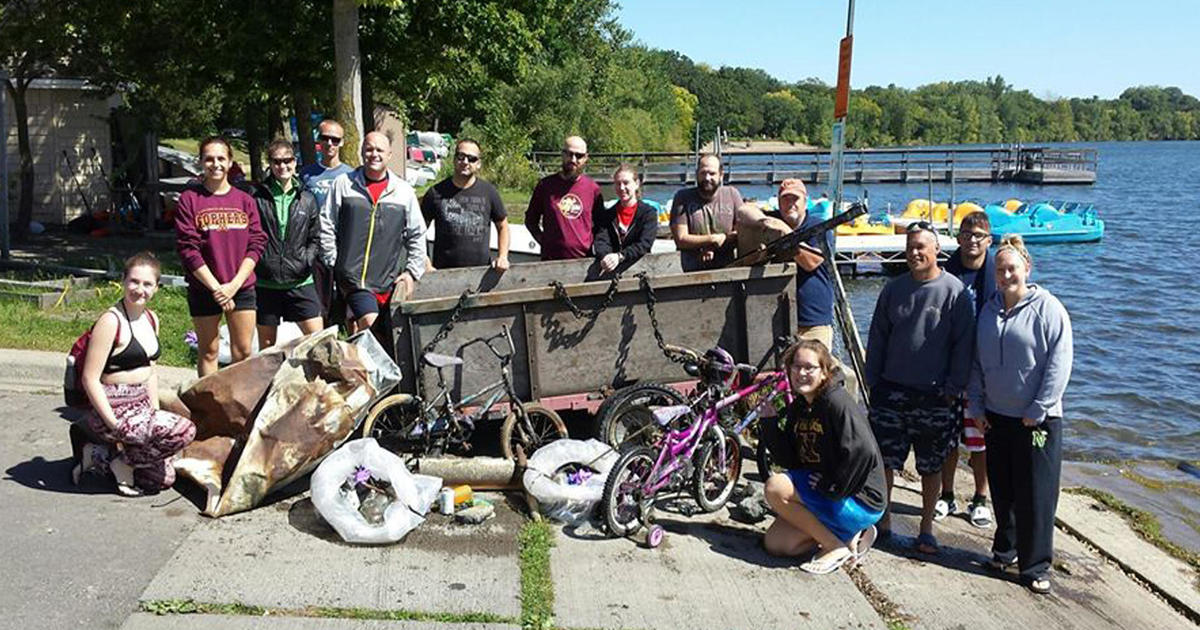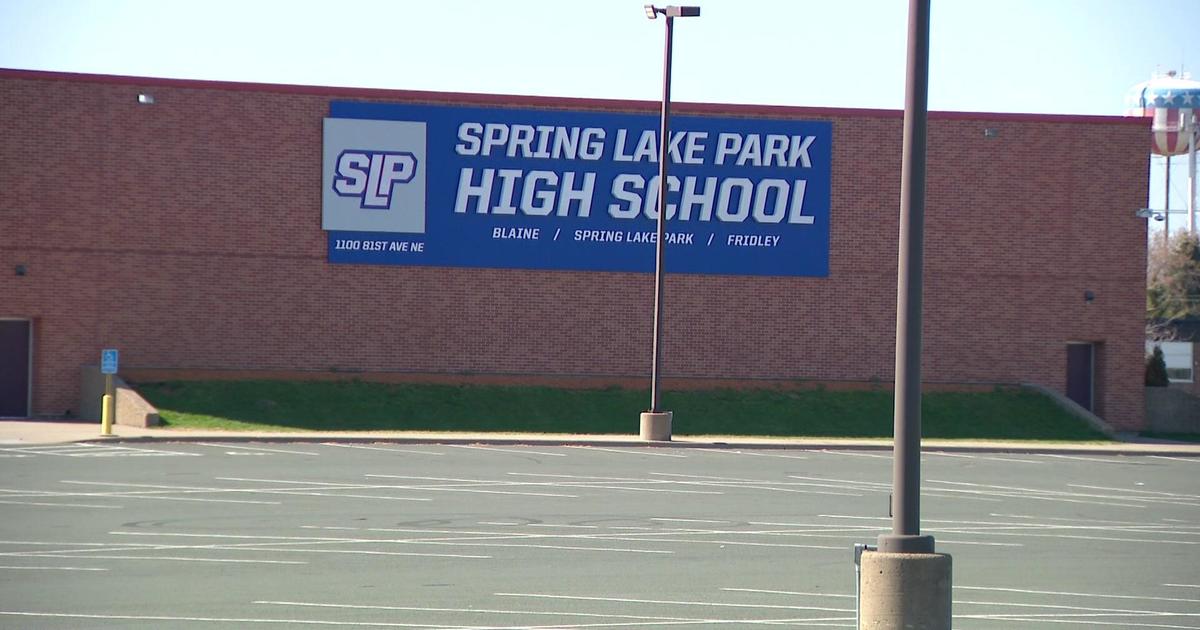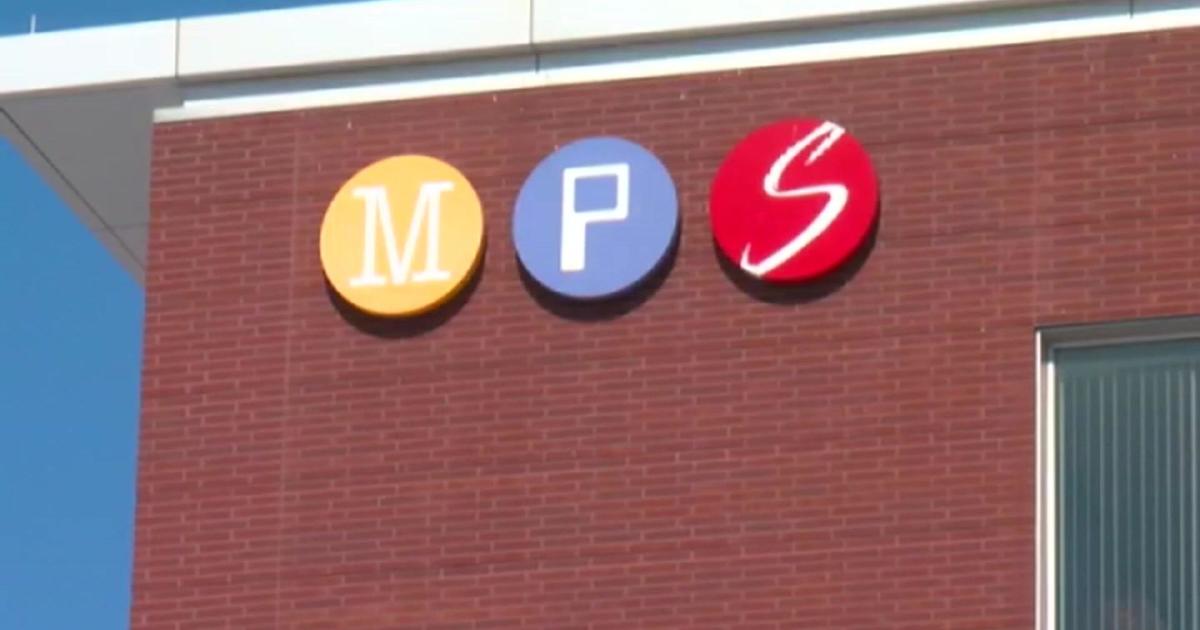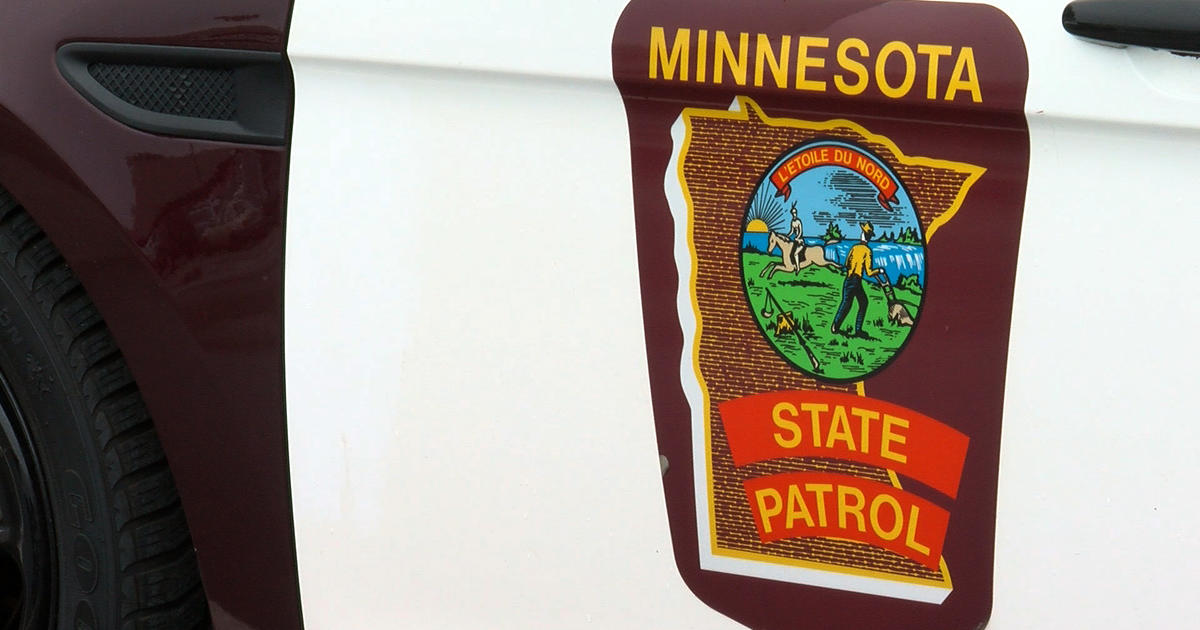Lawmakers Mull Padding Reserve With Budget Surplus
ST. PAUL, Minn. (AP) — A tantalizing Minnesota budget surplus has stirred talk of tax cuts or funding bumps for prized programs and infrastructure upgrades, but a less-flashy option also has gained some currency: saving some to prepare for the next economic downturn.
Finance officials projected in December that the state would have $825 million left over after it caught up on years of deferred payments to schools. Lawmakers receive an updated amount they'll have to work with Friday, when the Department of Minnesota Management and Budget issues its latest economic forecast.
The breathing room is welcome following a string of deficits that triggered budget cuts, tax increases and drawdowns on rainy day accounts. Although calls to pad the main reserve fund aren't new, they more often than not lose out to causes seen as more pressing, such as tax cuts, infrastructure repairs or school funding hikes.
Senate Majority Leader Tom Bakk, DFL-Cook, said he'll insist on building a bigger reserve as final negotiations arrive this year.
"That probably is not the best politics, particularly in an election year. The best politics is to spend the money on something popular with the public. I understand that," Bakk said recently, acknowledging that the Senate's luxury of not facing voters this fall puts him in a different mindset than House leaders or Gov. Mark Dayton.
But if the reserves don't get addressed now, Bakk added, "when are we ever going to do it?"
When fully stocked, as they are now, Minnesota's savings and checking account balances combine to reach $1 billion. The maximum reserve amount hasn't risen in more than a decade, so it has become an increasingly smaller percentage of the state's two-year budget, which is currently more than $39 billion.
It wasn't long ago that severe fiscal trouble caused the balance in the main reserve fund hit zero and forced officials to set up a cash-flow credit line in case they weren't able to pay bills.
In 2008, a blue-ribbon panel of economists and public policy experts advised state leaders on how to bring more stability to a roller-coaster budget. It warned that the reserve was less than half the size it should be.
The health of rainy day funds has a bearing in how states are rated by Wall Street bond houses. That matters because states with better bond ratings pay less to borrow money for construction projects.
Earlier this month, the Pew Charitable Trusts focused attention on uncertainty in government budgets and how well states are managing it. It found that nine states — including Massachusetts, Tennessee, Texas and Virginia — have laws requiring that money go into reserve funds when revenues outpace projections. Brenna Erford, manager of state budget policy at Pew, said such policies can help.
"Volatility is inevitable. The business cycle is inevitable. States can't avoid the fact they're going to have good years and they're going to have bad years," Erford said. "This is a mechanism they can use to avoid making the most difficult and the hardest decisions."
House Speaker Paul Thissen, DFL-Minneapolis, said there should be a limit to the cushion.
"We're never going to get, nor should we get to a place where we are going to have such a huge reserve that we won't have to make difficult decisions in difficult times," he said.
Bakk and his allies haven't suggested a specific amount they want added to the reserve. And the competition for surplus money is already fierce.
Dayton and House Democrats have aligned with legislative Republicans in pushing for more than $500 million in tax breaks and repeals. Long-term care groups have built political momentum for providing those caregivers a 5 percent rate increase. Emergency heating assistance and quick doses of funding for roads and other construction projects could chew up more of the surplus.
Working in Bakk's favor is that no budget decisions are mandatory this year. So deadlock over competing plans would leave money unspent, making it tantamount to a temporary reserve add-on.
For their part, Republicans sound less enthusiastic about stashing more money away.
"What it means is that we've overtaxed Minnesotans," said House Minority Leader Kurt Daudt, R-Crown. He and other Republicans argue it might just feed an appetite for government spending. "What we need to do is to give the money we took from Minnesotans — and didn't need — back to them."
(© Copyright 2014 The Associated Press. All Rights Reserved. This material may not be published, broadcast, rewritten or redistributed.)



